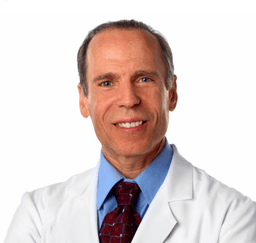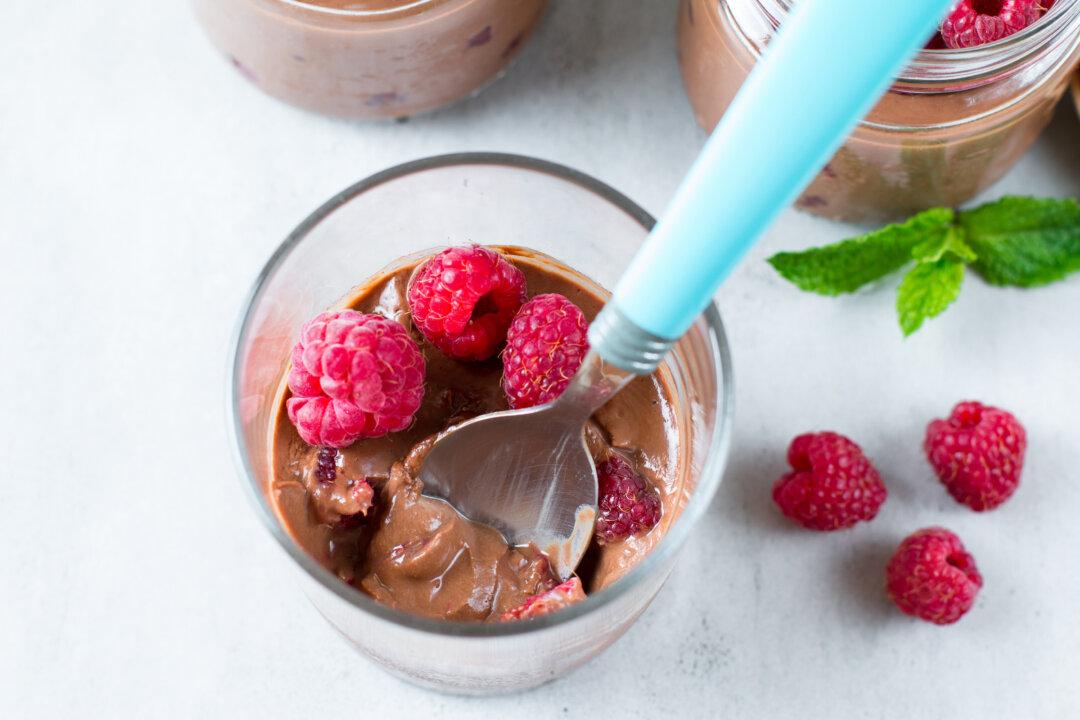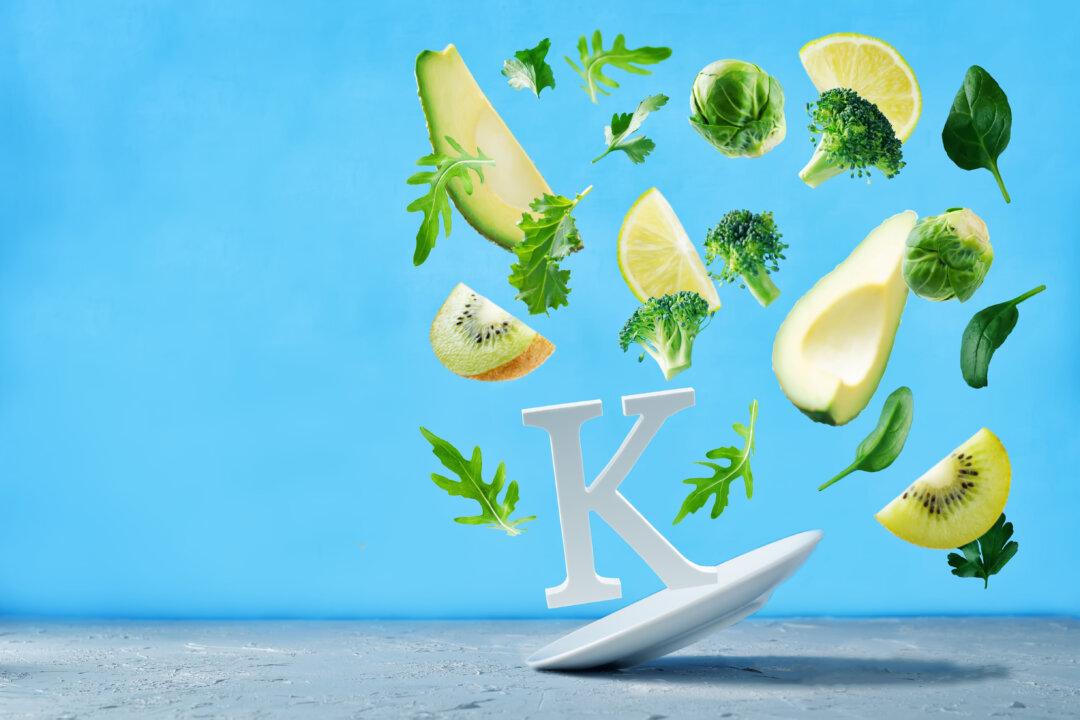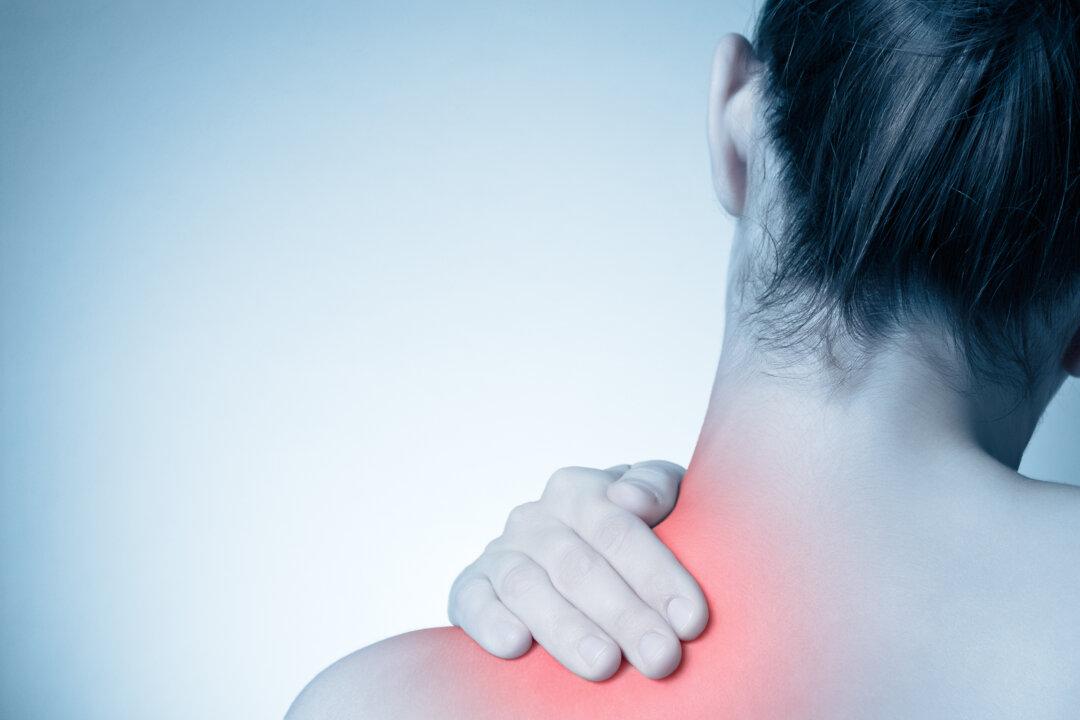October is Breast Cancer Awareness Month…is there anyone out there who has never heard of Breast Cancer? It should be called Breast Cancer Prevention Month! All women are aware of and concerned about breast cancer. What they may not be aware of is the scientific evidence that has accumulated in recent years that can enable them to avoid breast cancer.
Throughout the month, stores will be overflowing with pink ribbons on every type of product from shoes to candy to household cleaners. Breast cancer “awareness” has become big business, but breast cancer cannot be prevented by shopping for pink merchandise. Many people will buy these products and feel that they have done a good deed, that they are participating in the search for a cure and are “supporting breast cancer awareness” (whatever that means).
The often miniscule donations linked to these products most often support charities that fund education campaigns encouraging mammograms (which aren’t very effective anyway) or research into new treatments, but ignore the importance of the most powerful weapon women have in the fight against breast cancer—healthful lifestyle measures.
Every October, companies join up with cancer charities and non-profits for good publicity—to sell more by taking advantage of consumers’ good intentions, often selling cancer-promoting products. A blatant example of this occurred in 2010, when KFC partnered with the Susan G. Komen foundation to make donations linked to sales of pink buckets of fried and grilled chicken. Grilled chicken has some of the highest levels of cooking-produced carcinogens (heterocyclic amines) of all meats, and fried chicken has a browned, starchy coating that adds the probable human carcinogen, acrylamide, to the mix. Fried and grilled chicken, buttery mashed potatoes, and biscuits and gravy aren’t helping to curb obesity and breast cancer; they’re only fueling the fire. There is a frightening lack of awareness of how harmful these foods actually are. If it’s going to be called Breast Cancer Awareness Month, this is the type of awareness that should be raised.
Here are a few examples of actions women can take to achieve substantial protection against breast cancer:
- Eat plenty of G-BOMBS daily. Greens, beans, onions, mushrooms, berries and seeds all contain anti-cancer compounds. In particular, cruciferous vegetables, mushrooms, and flax and chia seeds contain phytochemicals with anti-estrogenic activities that can help to fight breast cancer in particular.
- Avoid junk food. Stay away from fast food and high-glycemic refined foods such as white flour and sweets. Frequent high insulin levels caused by high-glycemic foods are thought to promote growth and division of cancerous cells, and accordingly women with diabetes are 20% more likely to develop breast cancer.
- Stay slim. Obesity is a significant risk factor for breast cancer. The American Institute for Cancer Research estimates that 17% of breast cancers (33,000 new cases per year) are due to excess weight alone, and women who are obese when diagnosed are more likely to die from breast cancer.
- Avoid synthetic folic acid in supplements and fortified refined foods. Synthetic folic acid, chemically different from food folate, is associated with increased risk of breast cancer, whereas natural food folate is associated with decreased risk.
- Do not eat mass factory-farmed meats or dairy and minimize animal foods overall. These animals are most often given antibiotics and growth promoting hormones, and environmental pollutants accumulate in the fatty tissues of animals. Exposure to heterocyclic amines from meats cooked at high temperatures has been linked to increased risk of breast cancer and other cancers. All animal protein (especially dairy) elevates blood levels of IGF-1, a hormone that has been associated with increased risk of several cancers, including breast cancer, in many studies.
- Minimize exposure to endocrine-disrupting chemicals (EDCs). EDCs are synthetic chemicals that mimic, inhibit or alter the action of our body’s natural hormones and we come into contact with them every day in the form of organochlorine pesticides, plastics, fuels, cosmetics and other chemicals. It is thought that EDC exposure is a contributor to risk of hormone-associated cancers, and EDCs seem to be especially problematic when exposure occurs pregnancy, childhood or puberty.
To better fully understand the preventive actions you can take to protect your body against cancer, read my book, Super Immunity.
This October, instead of shopping for pink products, eat green vegetables, mushrooms and onions and get plenty of exercise. Feed your young daughters high-nutrient foods (poor childhood diets are linked to breast cancer in adulthood). The most meaningful thing you can do in the fight against breast cancer is to eat right and encourage your mothers, sisters and daughters to do the same. You can directly reduce the risk to yourself and your loved ones by becoming educated about the diet and lifestyle links to breast cancer and taking protective actions.
This article was originally published on www.drfuhrman.com. Read the original here.
*Image of “lady“ via Shutterstock






